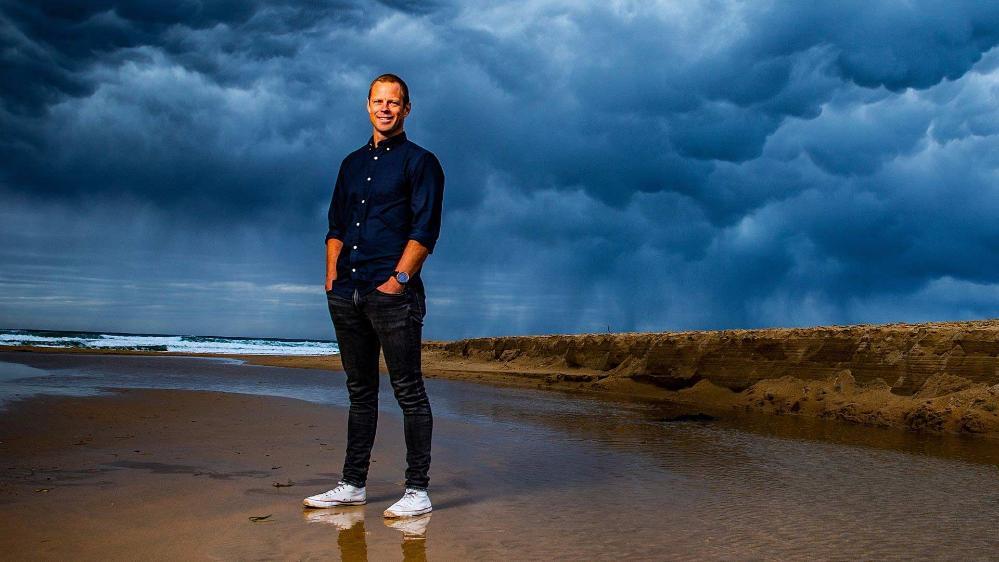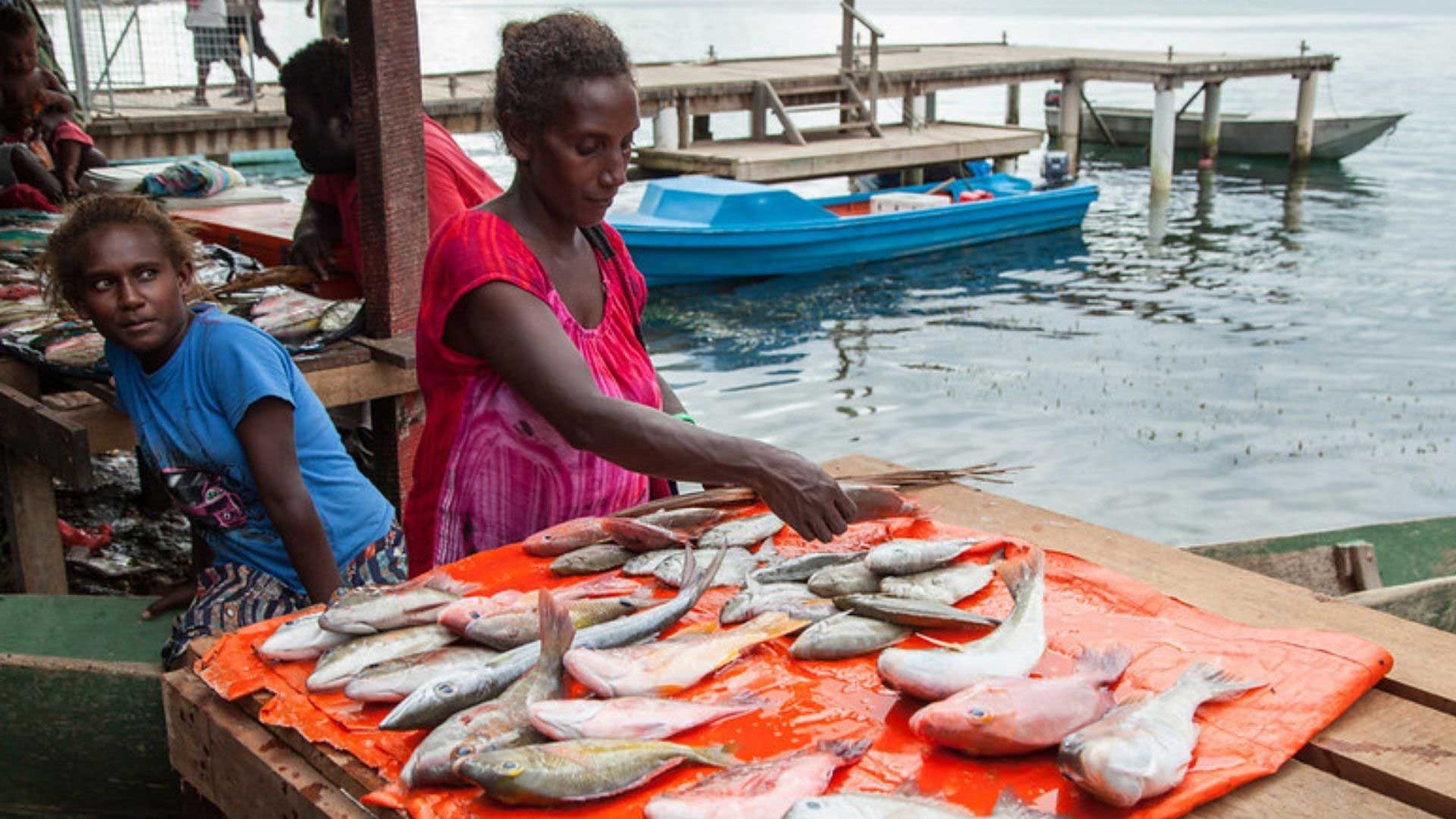October 19, 2021
$2.4 million funding to enable fish-based livelihood innovation in Solomon Islands and Timor-Leste
New ACIAR-funded project to enable sustainable fisheries development, increasing access to safe and nutritious aquatic foods
800 million people around the world depend on small-scale fisheries and aquaculture for their livelihoods, with one in every two workers in the primary and secondary sectors being women.
In Southeast Asia and the Pacific, fish and other aquatic foods are the backbone of island economies. For local people, fish are the staple food and an integral part of healthy diets.
A new project seeks to map patterns of how fish and fish products circulate in community economies. It explores ways to improve fish-based livelihood innovations for the many people involved, and food and nutrition security in Solomon Islands and Timor-Leste.
Over the next four years, researchers from the Australian National Centre for Ocean Resources and Security (ANCORS) at the University of Wollongong (UOW), in partnership with WorldFish, will coordinate a consortium including the Ministry of Fisheries and Marine Resources in Solomon Islands, the Directorate General of Fisheries, Aquaculture and Marine Resources in Timor-Leste, and the Centre for Sustainable Communities at the University of Canberra in Australia.
The consortium has been awarded $2.44 million funding through the Australian Governments Australian Centre for International Agricultural Research (ACIAR) to collaborate on a project that seeks to address aquatic food distribution opportunities in island food systems.
Chief Investigator, Associate Professor Hampus Eriksson, who holds a joint appointment with ANCORS and WorldFish, will lead the “Innovating fish-based livelihoods in the community economies of Timor-Leste and Solomon Islands” project. He argues that research has an important role in identifying innovative solutions to rural development and food security challenges, but said there has often been a disconnect between research and positive impact for people or systems that are studied.
“Collaborative weaving of research and development is one identified way to overcome this disconnect. Such practice relies on partnerships, so we have a specific emphasis on integration that spans from co-designing, co-implementing and co-interpreting our work with partners,” Associate Professor Eriksson said.
“For a long time, we have worked with partners for a transformation towards a legitimate and effective research practice. This project is another step on that journey.”

Chief Investigator, Associate Professor Hampus Eriksson will lead the collaborative project.
To date, rural development or livelihoods programs have tended to focus on external priorities and overlooked rural people’s experiences and knowledge for innovation, something Associate Professor Eriksson and the research team are keen to change.
“Innovation is happening, with or without external support. This is exemplified by the many traditional and more modern ways of distributing, processing and value-adding to fish and other aquatic foods in island food systems,” Associate Professor Eriksson said.
The project builds on the MOU signed between ANCORS and WorldFish in 2020 to support Pacific communities in their development goals.
“Over the years, WorldFish has developed a close and integrated program of work on coastal fisheries and food systems in collaboration with ANCORS at the University of Wollongong. We share practices and co-design projects and plans together with national agency partners and communities,” said Delvene Boso, WorldFish Country Director, Solomon Islands.
Novel technologies and social innovation for hygienic handling, processing and sales are key areas of opportunity to enhance livelihoods and access to safe and nutritious aquatic foods.
“Our project seeks to better understand such practices for piloting effective ways that locally-led innovation can be supported through programs with national agencies, rural training centres and among community peers,” said Agustinha Duarte, a research analyst at WorldFish and project team member in Timor-Leste.
The project will include learning from existing initiatives, such as piloting microenterprises with solar-powered freezers to keep aquatic foods fresh for a longer time, which will help to improve rural fish-based livelihoods.
In the Solomon Islands, fishing provides an income for nearly 30 percent of the population. A lack of cold-storage, due to limited electricity to run refrigerators to store fresh fish, leads to spoilage and loss of income. The introduction of solar-powered freezers has enabled rural women in Solomon Islands to experiment with microenterprises to increase savings.
“This project is an opportunity for our research to guide transformations of island food systems in ways that enhance rural livelihoods and nutrition,” Professor Eriksson said.
Professor Eriksson co-authored a cookbook to highlight the importance of fish and fisheries for household livelihoods and the economy, and the role of women and men in this sector. The book features fish and seafood recipes, cooking practices and stories of traditions and livelihoods from Timor-Leste.
Main picture: Reef fish for sale at Gizo market, Western Province, Solomon Islands. Photo credit: Filip Milovac / WorldFish
